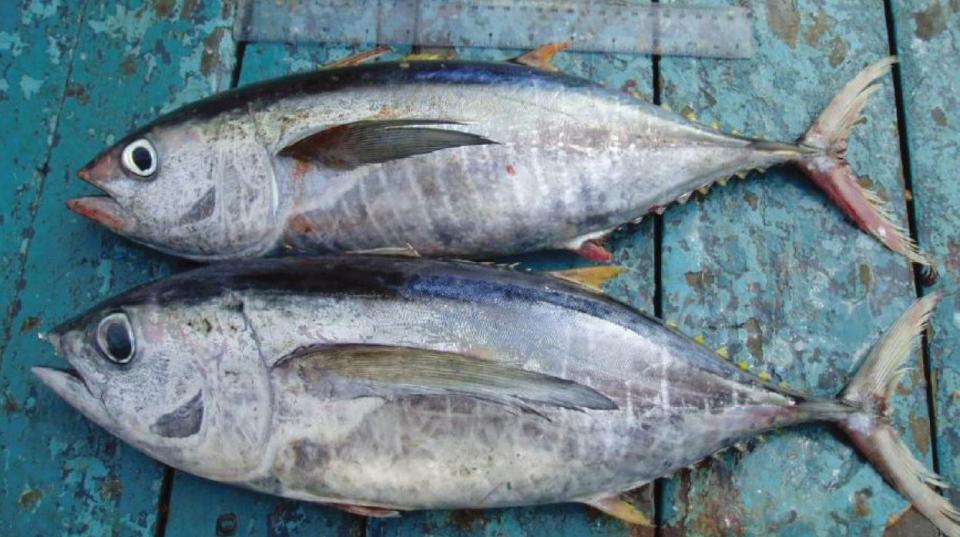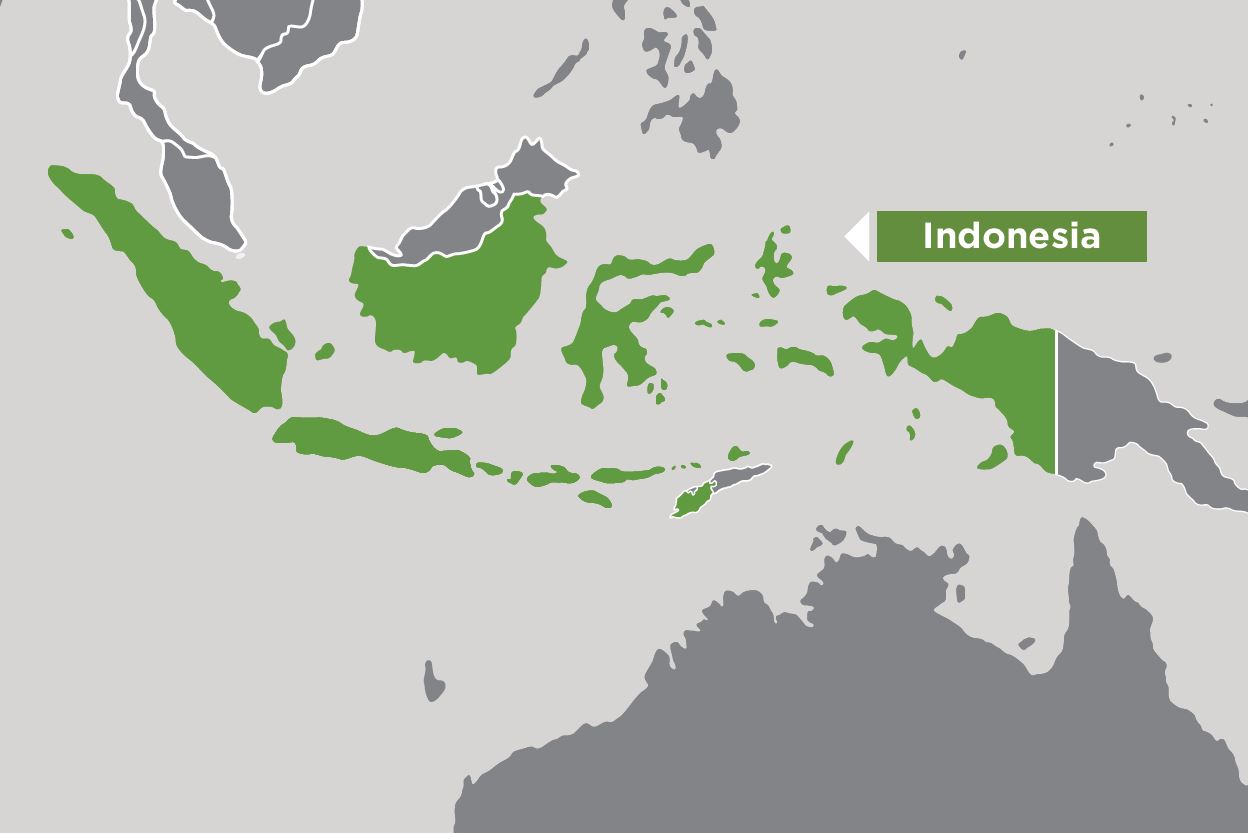Overview
This project is aimed at enabling Indonesian fisheries scientists, industry actors and managers to improve the effectiveness of monitoring and management systems for tuna fisheries.
Indonesia is the second-largest producer of fishery products in the world and the largest producer of tuna, contributing to around 15% of global production.
Its fishing fleet is diverse, stretching from the eastern Indian Ocean to the Western and Central Pacific Ocean, and in recent years into the Southern Ocean.
Information underpinning assessments of tuna in Indonesian waters remains quite limited, resulting in high levels of uncertainty in stock status and productivity. Hence, assessing the sustainability of current levels of fishing and impacts on future yields is problematic. Indonesia currently lacks the operational management tools required to manage its tuna fisheries to maximise benefits and minimise risks of overfishing.
This project will improve the effectiveness of monitoring and management systems for Indonesian tuna fisheries and contribute to improving economic and social benefits, while reducing the conservation risks.
Expected outcomes
- Harvest Strategy Framework adopted under the National Tuna Management Plan.
- Improved understanding of Directorate General for Capture Fisheries and Centre for Fisheries Research staff in implementing Harvest Strategy based on Australian and relevant international experiences.
- Improved understanding of productivity of yellowfin, bigeye and skipjack tuna in the region.
- Improved baseline knowledge of social and economic status of tuna fisheries in Indonesia through development of a database.
- Coverage and coordination of national tuna monitoring improved and uncertainty in total catch and effort by Indonesian tuna fisheries reduced.
- Well-developed skills of Indonesian scientists in tuna reproductive biology.
- Export of selected Indonesian tuna products approved under EU sustainability requirements.
- Improved institutional communication and coordination mechanisms for translating science into policy for domestic and international tuna fisheries management.
Summary of outcomes to date
2021–22
- The harvest strategy stakeholder and technical advisory and consultation processes have continued under the Ministry of Marine Affairs and Fisheries, through the Directorate General of Capture Fisheries and researchers even in the face of the substantial disruption caused by the institutional restructure of science capability across the Indonesian government. This highlights of the central importance of this work to the management of tuna in Indonesia and the commitment of the Indonesian government to improving the operational fisheries management.
- The engagement of MMAF, in particular CFR and socio-economics fisheries unit, Indonesian, UTS researchers and stakeholders to collaborate on social and economic research projects and collection of socio-economic data. collaboration on the parallel socioeconomic projects has already improved the information base for tuna fisheries management and socio-economic research capacity for fisheries across the government and private/NGO sectors. Both the information base and the collaborative networks are likely to provide substantial contributions to the harvest strategy and broader fisheries management processes over the coming years.
- The large-scale port sampling for the population biology component of the project has accumulated one of the most comprehensive sample collections for tropical tuna biology. Despite the impact of COVID-19, these field activities were completed safely and contributed to training and upskilling of more than 30 young fisheries researchers across four major tuna ports. Preliminary analysis of the data collected indicates that, when processed, these samples will provide high quality estimates of population parameters for all three species. These will not only be used directly in the Operating Models used to test and refine harvest strategies for tuna in Indonesian archipelagic waters but will also make a major contribution to the knowledge of the biology of these species and to the regional stock assessments conducted by SPC for the WCPFC.






